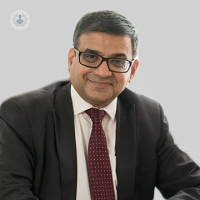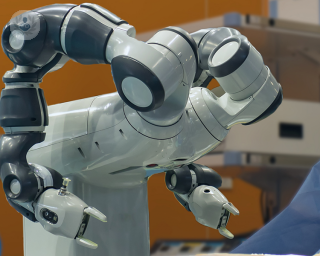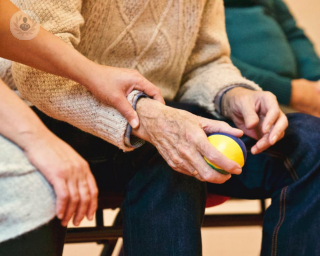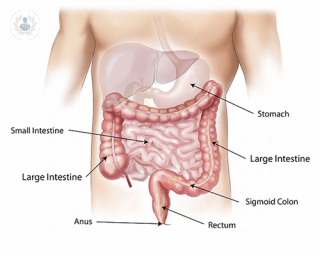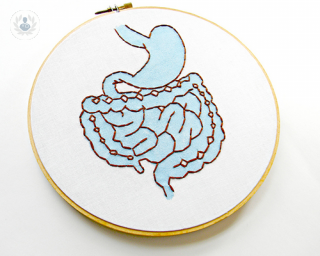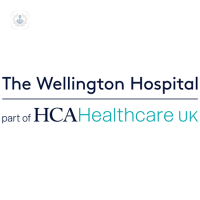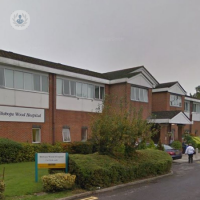Colon cancer
What is colon cancer?
Colon cancer is the proliferation of malignant cells in the colon, which, along with the rectum, is in charge of storing faeces which are then expelled through the anus. This type of bowel-affecting cancer can develop due to polyps being being present and manifesting themelves in the bowel.
There are four main stages of colon cancer, and, of course, the earliest possible diagnosis in the early stage of the condition is key for a patient's recovery and survival.

What are some early warning signs of colon cancer?
The main early warning sign of colon cancer is a change in bowel habit that does not improve after a couple of weeks even after the patient has been given various different standard treatments by their GP.
What causes colon cancer?
Its causes are determined by genetics, sedentary lifestyle and previous illnesses such as polyps, ulcerative colitis and other cancers.
What are the main symptoms?
The most obvious symptoms of the disease become visible when the disease is at an advanced stage. The main symptoms of colon cancer include:
- diarrhoea and constipation
- blood in the stool
- abdominal pain
- loss of appetite
- weight loss
- fatigue
How is it diagnosed?
An effective and very common assessment typically used to diagnose colon cancer is a colonoscopy, a thorough endoscopic examination that enables the bowel specialist to identify the cancer and hereafter extract biopsies. After these biopsies are taken, they can then be analysed by a pathologist who will confirm the diagnosis.
What does a colonoscopy involve?
A colonoscopy rigorously examines the entire colon area through the use of a lighted flexible instrument that has a microchip. This allows for an extremely detailed, high-quality definition image to be shown on screen for the gastroenterologist or colorectal surgeon to analyse.
How is it typically treated?
If colon cancer is detected and diagnosed early enough, then there is a good chance of cure, with the most common treatments being radiotherapy, chemotherapy, immunotherapy (to strengthen the body's defences), and finally, surgery.
What specialist should I see?
It is generally recommended that patients suffering from colon cancer see a colorectal surgeon.
